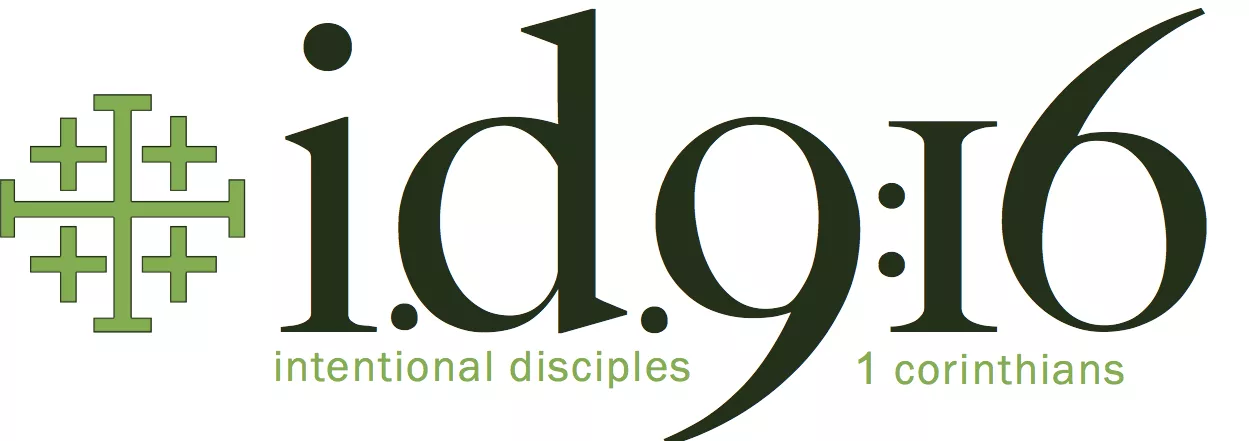As we are now entering the so-called holiday season, it is worthwhile to consider what exactly we are doing.
Why, during certain days of the year, do we all neglect our normal daily routine in order to get together with the same people whom we often don’t see much, and rehearse the same activities, meals, decorations and festivities that we have done in years past? Most of the time we are all involved in one thing: work. For what purpose are we taking a break from work during these “special” days?
A man named Josef Pieper, a German Catholic, 20th century philosopher, has a few thoughts on this topic in his classic book Leisure: the Basis of Culture.
We can view the times in which we are not at work as mere “spare time” – simply the space when we are resting a bit so that we may return to work once again. In essence, this view communicates an understanding of the human person: we live in order that we may work. We work for no other purpose than to work: we do it for it’s own sake. And, whether it’s for a communist totalitarian work-state or a smothering, amped-up capitalism, this affixes man to being a mere functionary in a use-based, economic machine of production. Is that what we are? Many have thought so and many continue to do so today.
But, if we feel some rejection in our guts to that conception of man, then what are we to think of work? Surely it is good insofar as it meets the practical needs of our survival. Certainly we must admit the other side of things: we work to enable us to do something other than work. Pieper puts forward this question exactly: “What is that something other?”
It is captured in the ancient consideration of the term leisure. We postmoderns, Pieper says, “Can confidently dare to affirm” that we do not know what this concept means. Living in a production-based culture of numbers, results, constant emails, phone calls, and incessant “doing”, we now understand this time apart from work as just a time to catch our breath between sprints.
But we are made for something more than work. Pieper tries to bring it home:
The ultimate fulfillment, the absolutely meaningful activity, the most perfect expression of being alive, the deepest satisfaction and the fullest achievement in human existence must need happen in an instance of beholding, namely in the contemplating awareness of the world’s ultimate and intrinsic foundations. (Only the Lover Sings, pg. 22)
And for those who speak blog… We are made for one thing and one thing only: to behold, to see, to know and thus to be united to the essence of all that is –God – and to meltingly rest into the affirmation that all that is, is very, very good. And so,
The point and justification of leisure are not that the functionary should function faultlessly and without a breakdown, but that the functionary should continue to be a man – and that means that he should not be wholly absorbed in the clear-cut milieu of his strictly limited function; the point is also that he should retain that faculty of grasping the world as a whole and realizing his full potentialities as an entity meant to reach Wholeness. (Leisure: the Basis of Culture, pg. 50)
Pieper also notes three conditions that are naturally inherent in leisure, and indeed must be present in order for an activity of non-work to be leisure at all: 1) a form of receptive and attentive silence that allows us to apprehend reality and “steep [ourselves] in the whole of creation” – the silence of being required to receive a gift; 2) the ability to celebrate a feast; and 3) a fundamental attitude of acceptance (“acquiescence in one’s own being” you might say) – that, in the end, all is plumb, sound and good.
And, ultimately (though I will skirt over this topic here), this kind of posture can only be possible if at its very core is divine worship. All is “plumb, sound and good” precisely – and only – because God is. Otherwise, on what firm ground can we stand and pompously declare, “all is good” when so much around us tells us it is not? If you aren’t so sure that all is good, you can’t really celebrate; because, indeed, what are you celebrating? This is one reason why our society’s practice of holidays has dwindled into excessive consumerism, mindless entertainment, loafing around and booze. We are losing our existential reason for celebrating, and, thus, our ability to truly be leisurely.
But, we do have reason to celebrate! We can look at existence itself saying, as our Heavenly Father taught us to say, “It is good – very good.” Because we wonder in amazement at the meaningfulness of life and the world, our mouths are moved to praise Him.
I find this all to be incredibly beautiful. Thanksgiving and Christmas are not times just to “not work”, it is a blessed opportunity to pull back from the normal functionary pace of life and behold all that is; a space to realize that the dichotomies of life don’t go all the way down, that in the end everything works out better than we could have imagined and that life – existence itself – is good.
Let us yield to the work of the Spirit during this next month so that these truths may transform us. Because of our very nature as human beings, we don’t live in order to work, but work in order that we might live! Let’s allow this to change the way we celebrate holidays.
Joey McCoy
Latest posts by Joey McCoy (see all)
- Doubt Your Doubts - April 24, 2017
- The Crux: Repentance - April 6, 2017
- Living with a Daniel Heart - March 30, 2017

